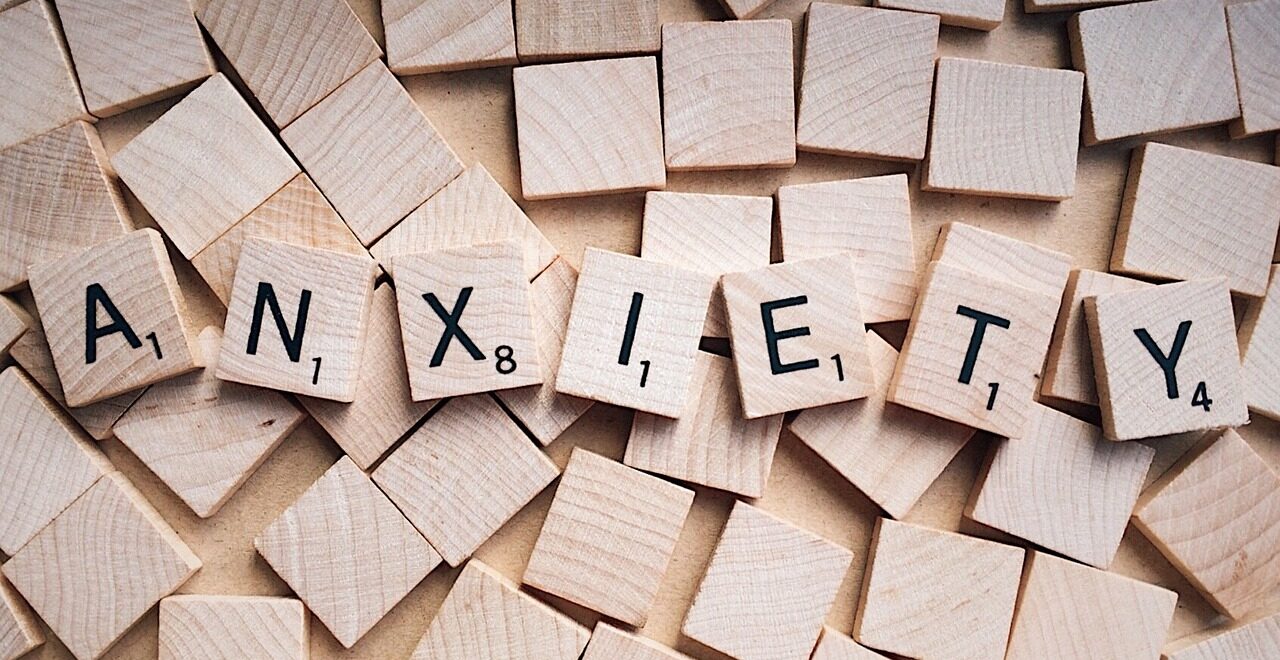Research suggests that around one third of the population may experience anxiety disorders at some point in their lives. Anxiety is actually the most common mental health condition in Europe among individuals aged 14 to 65. These intense feelings of fear, also known as panic attacks, can be triggered by various factors but are often linked to specific situations or underlying issues. There are different forms of anxiety disorders and seeking professional help is essential once diagnosed. Coping mechanisms for anxiety attacks vary among individuals, with some turning to substances like alcohol or drugs to alleviate their symptoms, which can lead to dependency in the long run.
Anxiety attacks are sudden episodes where a person may feel like they can’t breathe or their heart is racing uncontrollably, often leading to a feeling of impending fainting. These distressing sensations can last anywhere from a few seconds to fifteen minutes, and while some individuals may only experience them occasionally, others may have multiple attacks in a single day. Anxiety attacks can be triggered by specific situations, places, or activities, or they may be the result of prolonged periods of worry and stress.
Generalized Anxiety Disorder (GAD) is a condition that develops gradually over time, characterized by persistent and excessive worrying about various aspects of life. If you find yourself constantly preoccupied with concerns about your job, health, finances, or family and struggle to let go of these thoughts, you may be suffering from GAD. This common condition can be influenced by genetic factors and may also be associated with past traumatic experiences or neglect during childhood.
In addition to GAD, there are other types of anxiety disorders, including panic disorders, phobias, agoraphobia, obsessive-compulsive disorder (OCD), and post-traumatic stress disorder (PTSD). It is normal for individuals to experience some level of anxiety in their lives, particularly in stressful situations such as exams or new job responsibilities. However, when anxiety becomes overwhelming and difficult to manage, it can manifest in a range of distressing physical and psychological symptoms.
Some individuals may attempt to alleviate their anxiety symptoms by self-medicating with substances like alcohol or drugs, leading to the need for support not only in managing anxiety attacks but also in overcoming addiction issues. It is important for individuals experiencing severe anxiety to seek professional help and explore healthy coping mechanisms to address their symptoms effectively.
The Signs
Common signs and symptoms of anxiety attacks include a racing heart, feeling like you may pass out, and a sense of impending doom. These symptoms can be terrifying for those who suffer from anxiety attacks. When stress triggers our bodies, specific areas of the brain become hyperactive, leading to the ‘fight or flight’ response – a natural reaction to fear. During an anxiety attack, the body enters a state of panic without a clear cause, resulting in rapid breathing, a fast heart rate, sweating, and trembling.
The physical effects of anxiety attacks may include a queasy stomach, dizziness, restlessness, headaches, a fluttering heartbeat, sweating, insomnia, teeth grinding, nausea, and an urgent need to use the bathroom.
On the other hand, the mental effects of anxiety attacks can manifest as tension, fear, dread, paranoia, constant worrying, depression, excessive rumination, seeking validation from others, flashbacks, and even hallucinations.
The Solution
Experiencing panic attacks can be a terrifying ordeal, making it difficult to manage the overwhelming symptoms by yourself. Seeking intensive therapy at a specialized treatment center may be beneficial if you are consistently feeling fearful and anxious. Traumatic life events can trigger anxiety attacks, necessitating personalized support over an extended period.
In the meantime, there are steps you can take at home to help alleviate your symptoms. One effective approach is to focus on your breathing. When we feel fearful, our natural response is to take rapid, shallow breaths to get more oxygen into our bodies. Try slowing down your breathing by taking deep breaths in through your nose and out through your mouth.
During an anxiety attack, try to maintain your normal activities and remind yourself that the moment will pass. Some find the 3-3-3 technique helpful, where you name three things you see, three things you hear, and move three parts of your body to shift focus.
Taking care of your body is crucial in managing anxiety. Stress can lead to low blood sugar, intensifying feelings of panic. Eating balanced meals regularly can help stabilize blood sugar levels and reduce symptoms. It’s important to avoid substances that can exacerbate panic attacks, such as caffeine, tobacco, alcohol, and other drugs.

